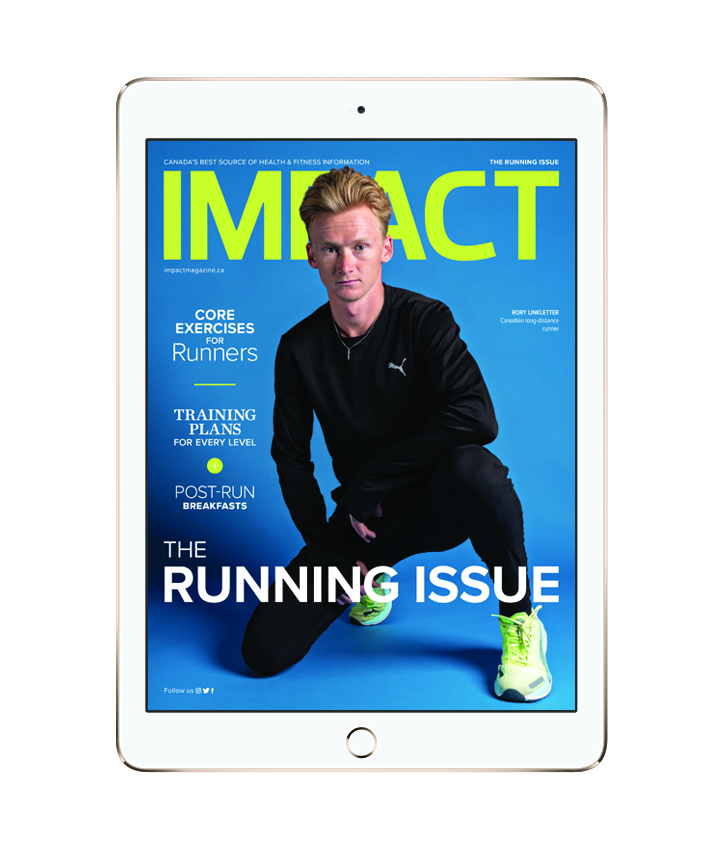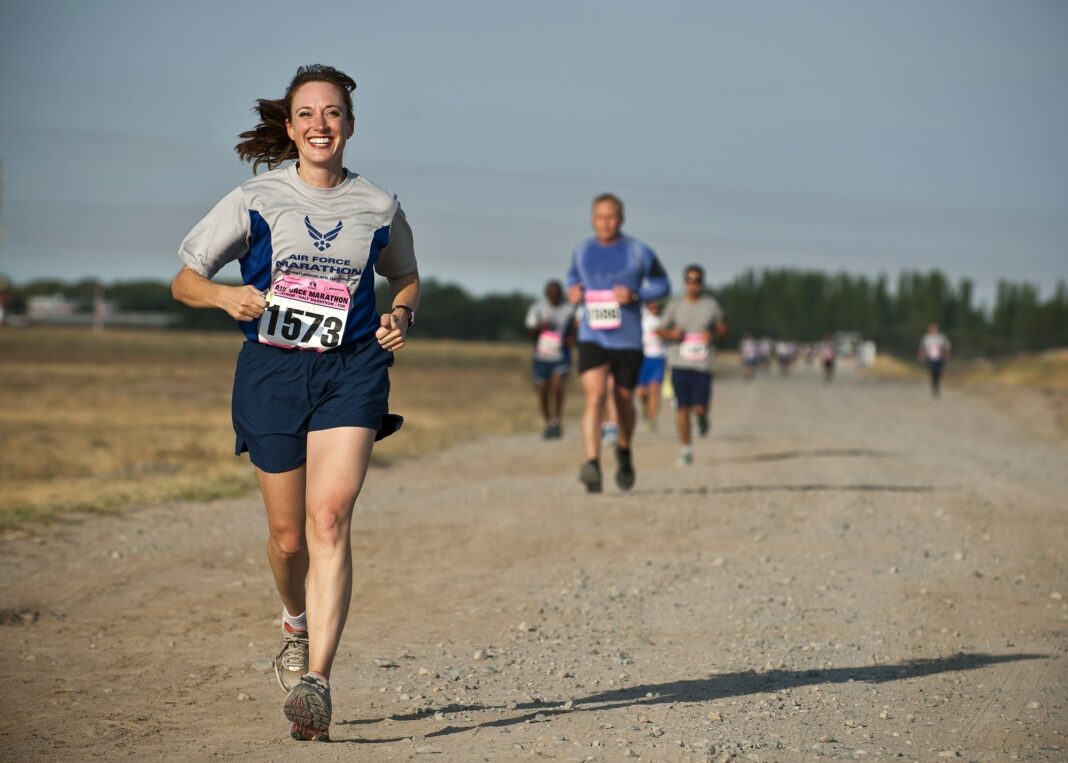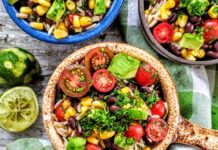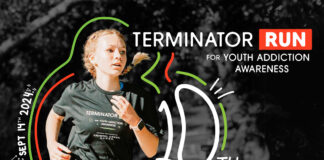Whether you are new to endurance events such as marathons or have run a few races, recognizing the nutritional needs of your body can make a big difference. Even better if you start experimenting with calorie distribution when you begin training; waiting until the big event is not the time to be shifting your diet. The most glaring reason for that is the impact a diet change can have on your digestive system. You don’t want to be running for the bathroom when you should be focusing on the course.
Simply put, caloric distribution is the ratio of nutrients—carbohydrates, protein, and fat—in your daily diet. Don’t be afraid of calories; what is important is the variety and timing of the calories you are consuming. Each type of nutrient can be metabolized into macronutrients for energy, but the degree of difficulty to break them down varies. Carbohydrates are the preferred macro of the body due to the ease of converting glucose into glycogen for energy, making it an easy source during intense training. The body can only store so much glycogen but you can improve storage capacity by building muscle mass. This is especially beneficial for the carb-loading session before the race. A good starting point is to consume four to eight grams per kilogram of body weight, with the high end suited to longer training sessions.
Second in line are fats as they provide the most density of energy per gram. However, they take more effort to digest so aren’t ideal to consume ahead of training sessions. This is because of how the body regulates its functions. During periods of strain the body diverts resources to support the working muscles, heart, and lungs. If you consume too much fat before you train, it may cause bloating and gastrointestinal upset which contributes to the phenomenon known as runner’s diarrhea. Better to save the fat for a rest and digest period. A good range is 15 – 30 per cent of total dietary intake per day, with a focus on mono- and polyunsaturated fats.
Protein is not the best source of energy because when it is used, it means that muscle tissue is being broken down. This tissue loss will also impact the storage capacity of glycogen. It is best to use protein as a restorative macro to support recovery during training. Best to aim for 0.7 – 1.0 grams per kilogram of body weight on training days and 0.5 – 0.7 grams on rest days.
Now that you have a point of reference, it’s time to experiment so you can find a balance well ahead of the race. A good place to start is to think about how much energy you use in a day, outside of training. Even at rest the body is using energy to metabolize nutrients and repair, this is known as your resting metabolic rate. Other activities such as chores, moving around the house and work can also add up which is why your normal eating habits will likely be insufficient during training.
Did you know that on average a runner burns 100 calories per mile? The consequences of a calorie deficit can be muscle loss, poor sleep, illness, fatigue, and irritability. To avoid these and to keep the motivation high you need to nourish your body and find the right combination for you. A great way to keep track and make modifications is to keep a training diary which you can use to record a timeline of what you ate and how long you trained, as well as how you felt. These notes can help you create a game plan to use during race week so you can focus on the race and enhance your physical and mental stamina.
Another important element to give your body the best chance of success is hydration. For your body to make use of the nutrients you eat it needs water to assist in the process. Hydration helps reduce the chance of illness from training stress and keeps your mental health optimal. It is also a critical aspect to good digestive function and is another component to help thwart runner’s diarrhea. Contrary to what many think, dehydration is a top contributor to digestive dysfunction and can cause diarrhea. Marathons are a test of physical and mental endurance and ensuring you are hydrated can help boost your performance and keep you on track.
Here are some easy-to-follow tips to maximize your diet before the big race:
- Prepping meals is a useful tool for adequate calorie intake.
- Keep track of how you feel throughout
so you know what works. - Experiment with new foods well ahead of race day.
- Keep high fibre, fat, and protein to a minimum on training days.
- Stay on top of hydration.
Carb load the night before race day
- White rice burrito bowl with spiced tofu, avocado, peppers, and salsa
- Roasted potato stuffed with spinach, smoked tofu, and pesto sauce
- Sweet potato and peanut stew
Breakfast on race day (3 – 4 hours before)
- ¾ cup oatmeal with stewed apples
- White toast with 2 Tbsp. nut butter
and berries - Energy-rich smoothie
Right before the race (1 – 2 hours before)
- Banana with 1 Tbsp. nut butter
- 2 – 3 chocolate tahini bites (see recipe)
- 1 energy gel or bar
Recovery day
- Protein-heavy smoothie
- Hummus and pita
- Brown rice and beans
- Coconut yogurt with banana
Tahini Bites
- 1 1/2 cups fresh dates
- 1 cup cashews or preferred nut
- 3 Tbsp. maple syrup or honey
- ½ cup tahini
- 4 Tbsp. cocoa powder
- 1 tsp. vanilla
- Pinch of salt
Pulse nuts until they are chopped to size you prefer, remove and set aside. Pulse dates in food processor until they come together in a ball, add back in nuts and rest of ingredients and process until mixture comes together. Scoop out into 1 1/2 Tbsp. balls and store in fridge. If you don’t have a food processor you can slice dates open and remove the pit and mix the rest of the ingredients together to stuff into the date.
You may also like: Health Eating

Read This Story in Our 2023 Running Issue
Featuring Rory Linkletter, Canadian long-distance runner. Add to your bucket list with the top Destination Marathons Around the World. Train for 10 km right up to a marathon – plus a 70.3 program. Increase your strength and work your core with Canada’s Top Fitness Trainers. Enjoy plant-based, post-run breakfasts and so much more.
















